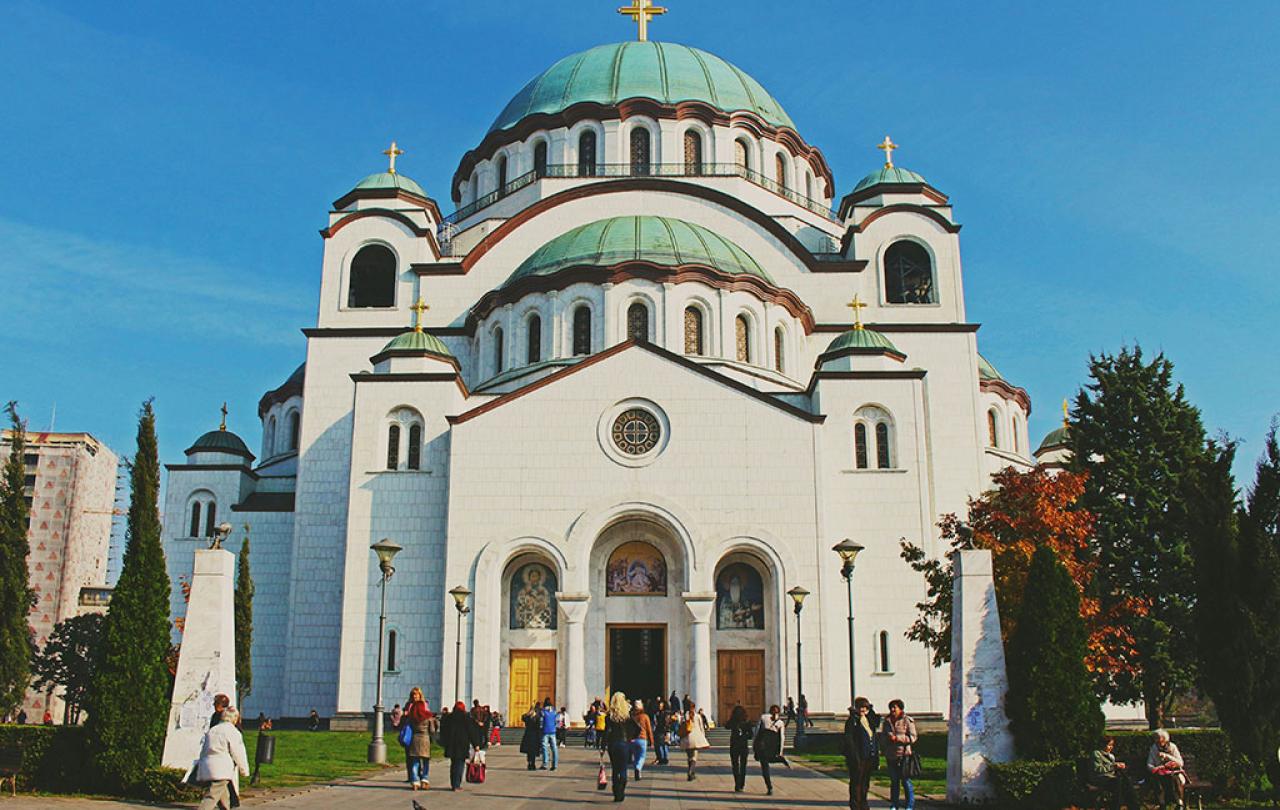
The Israel-Gaza war rages on. Every few days a new tragedy hits our dulled senses. The West Bank and now Lebanon are getting dragged into the conflict. Palestinians and hostages continue to die, and hunger and disease threaten Gaza's displaced people as autumn and winter approach.
Yet what is often lost is the human face of this conflict. This is the story of one such life.
AbdulRahman was an intelligent, gentle and diligent young third year medical student in his early twenties, with judgement well beyond his peers. Towards the end of 2023, as the war spread more viciously towards southern Gaza, he was one a group of around 10 students who volunteered to join the team of health care workers at the European Gaza Hospital (EGH). I was volunteering there as a reconstructive plastic surgeon and and met him in the hospital.
Both medical schools in Gaza before the war began were in the north alongside their parent universities. They had been destroyed during the onslaught in the early months of fighting. In the southern town of Khan Younis, the EGH was the sole surviving operational facility to which the wounded could be transferred. It was overwhelmed by the vast numbers of families also taking refuge in what was deemed a safer space than most of the surrounding war zone.
Many of the senior medical staff and surgeons had retreated to scattered parts of the strip, displaced frequently by the ever-moving conflict and driven by the need to support their families and stay together. ‘Live together-die together’ is an understandable feature in the horror show of war. Students, frequently left with no money or resources, started to volunteer to serve in hospitals in exchange for a little food and a sense of worth in the work they could offer. Any functioning hospital, if briefly ‘deconflicted’ so they could provide relatively safe care, found itself staffed by a disparate crew of local staff, displaced students, and an indeterminate number of more senior surgeons from both Gaza and humanitarian agencies.
His desire to learn all that could be learnt, and to try to become the best surgeon possible, was palpable.
It was into this chaotic mix that young AbdulRahman walked having fled his family home in the east of Khan Younis in November 2023. A bright young man, with great aspirations to qualify as a surgeon and serve his community, he had spent the first six weeks of the war at home, unable to attend his medical school in Gaza City to the north, but working hard at his studies regardless, using every online and library resource available to him.
At some point in late November, the battle zone moved south, and his family home was shelled along with many dwellings in the vicinity. Caught in crossfire, he sheltered in his neighbouring relative’s house after his parents and other close family had escaped to Rafah.
Abdulrahman told me the dramatic story of his escape into the house in which he survived for a week alongside his relative’s family when I spoke to him in late January 2024. This young man not only survived an ordeal of indescribable fear and potential slaughter, but he was then arrested and interrogated in brutal fashion by IDF forces.
On his release after a harrowing week, he made his way barefoot to the nearest hospital, which happened to be the EGH. In that place of safety, he was given food and water and after recuperation, volunteered to work alongside a reconstructive plastic and burns surgeon who had recently returned to Gaza after training in the UK.
Although his family were still all alive in Rafah in displaced makeshift shelters, he opted to stay and throw his weight into whatever he could do to support the hospital whilst continuing to learn his profession as a doctor. Travelling occasionally at great personal risk to see and support his family, he devoted all his waking hours to surgical work in EGH operating theatres and wards. His excellent command of English made him immensely valuable to any visiting surgeons who managed to access Gaza during the war months. He was always cheerful, always willing to respond to requests for his time, however stressful the surrounding clamour from desperate patients and relatives might become.
When his working day was done, in the middle of the night he would arrange for his fellow students to have informal teaching seminars from whoever he could cajole to deliver them, and would absorb knowledge and ideas about best practice like a sponge. His desire to learn all that could be learnt, and to try to become the best surgeon possible, was palpable.
I had every intention of supporting this fine young man in achieving his professional aspirations by whatever means I could once a ceasefire arose and he could be brought safely to Europe to continue his training.
In the last week of August, AbdulRahman was sheltering in a relative’s house in Khan Younis. In the small hours of the morning an Israeli attack was launched on the neighbourhood and the house took a direct hit. AbdulRahman was killed instantly.
He knew, as does every Gazan in these troubled times, that nowhere was safe, and all lives in that tragic zone are at risk. His is a story of a life tragically cut short, of the randomness and destructiveness of war. His death strikes right at the heart of my hopes for the remnant of the fine young population of such a desperately sad nation state. He, and those like him, could have been at the heart of the re-building of Gaza, able to live in what now feels a far-off peace. I cannot translate this into anger, as AbdulRahman himself had a passionate concern for peace and reconciliation, and never once spoke to me in many conversations of support for Hamas, or of hatred for those who had destroyed his country.
What can be done however, is to honour his life and commitment with similar tenacity in supporting the pursuit of peace, justice for his people, learning and education for the remnant of the nation, and reconstruction of a Palestine that can proudly and honourably reflect the finest values it possesses. AbdulRahman was a great Palestinian, and his all too short life was one which I want to celebrate as one of the finest I have seen in many students of the next generation of doctors. May he rest in peace, and may a lasting peace come quickly to Gaza, to all of Palestine and the whole of the Middle East.






